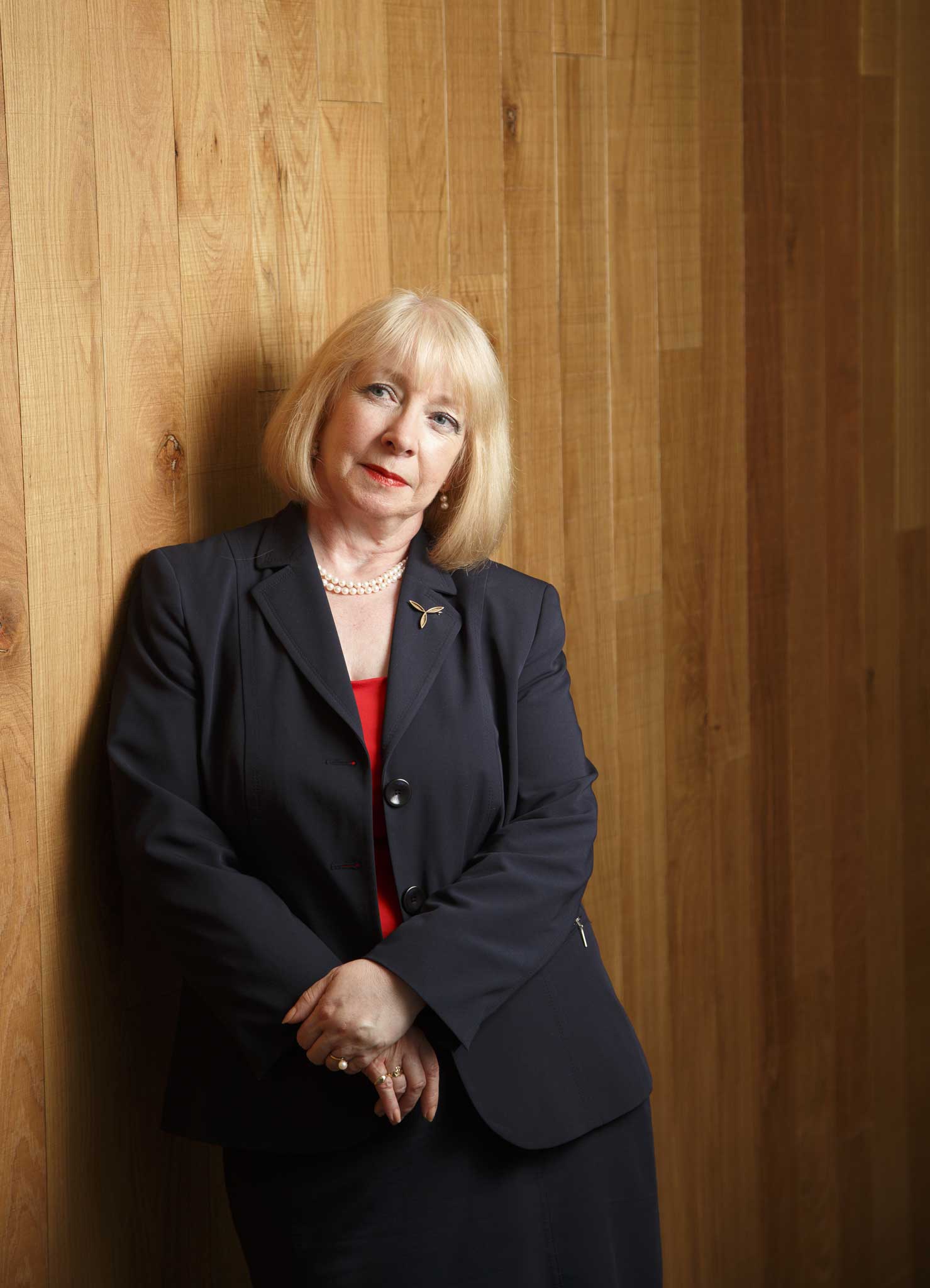The Conversation: Maria McCaffery, renewable-energy executive

Your support helps us to tell the story
From reproductive rights to climate change to Big Tech, The Independent is on the ground when the story is developing. Whether it's investigating the financials of Elon Musk's pro-Trump PAC or producing our latest documentary, 'The A Word', which shines a light on the American women fighting for reproductive rights, we know how important it is to parse out the facts from the messaging.
At such a critical moment in US history, we need reporters on the ground. Your donation allows us to keep sending journalists to speak to both sides of the story.
The Independent is trusted by Americans across the entire political spectrum. And unlike many other quality news outlets, we choose not to lock Americans out of our reporting and analysis with paywalls. We believe quality journalism should be available to everyone, paid for by those who can afford it.
Your support makes all the difference.Where did you grow up?
Kirkby, on the outskirts of Liverpool. I'm the seventh of 10 children. There were a lot of hand-me-downs.
You do have a bit of a Scouse accent
Really?
A little bit. In business, can a strong accent be a bit of a negative?
Any strong accent creates a poor impression. But so does speaking with a plum in one's mouth. I don't think a hint of an accent is a problem to anybody, and I don't think it's been a hindrance to me. Most people would find a hint of an accent, or being able to place somebody, as actually quite endearing.
What did your parents do?
My father was a mechanical engineer, and my mother was a housewife – you would be, wouldn't you, if you had 10 children.
You are a morning person, right?
Oh yes. I rise at four and leave the house at 5.20am. It's the best time of the day. I arrive into London at 7.20 and I'm in the office at 7.45. The commute gives me time to do "my" work before telephones start ringing. I try not to get to bed after 11pm.
That's still just five hours sleep – do you not feel drained?
It's become a way of life. I've done it now for seven years.
What do you do in your spare time?
What spare time?
Cooking, maybe?
I've got half a dozen meals I can prepare in 15 minutes. I don't do ready meals.
You studied chemistry at Manchester, was it male-dominated?
My entire life has been spent in a minority of women, starting with being in a home of seven brothers and a dad. I did physics, chemistry and mathematics at A-level, but I didn't go straight to university, I went off to work in a chemical laboratory.
How did the men treat you?
I've never had any issues with sex discrimination. I'm sure there are lots of women who wouldn't thank me for saying this, but a lot of the difficulties that arise in male-dominated worlds that women are moving in [are caused by] the behaviour of the women themselves. Sometimes women behave as if they've got something to prove. Without wanting to sound high-handed or arrogant – I just assumed equality and was never challenged.
Have you worked with women?
The renewable energy sector has more women working in it than any other branch of the energy world. The women I have met in renewables have been inspiring.
Renewables generate 12.3 per cent of Britain's electricity generation. We hear a lot about wind, but less about wave and tidal – why?
On-shore wind is the leading technology, but we've been developing it since the early 1990s. It's had a head-start. Wave and tidal are at an earlier stage of their technological development so their contribution is more modest, but in the last five years we've taken great strides forwards.
People say renewables are expensive.
The additional cost to householders has been exaggerated by unsympathetic parties. The cost to a domestic consumer for all renewables is less than £20 in a year.
A lot of people don't want wind turbines in their area.
If everybody says "great, fantastic, so long as you don't build it anywhere near me", that's being a little short-sighted, a little socially irresponsible, perhaps not a little bit selfish as well.
Biography
Maria McCaffery, 54, is the chief executive of Renewable UK, Britain's leading trade body for wind, marine and tidal energy. Born in Liverpool, she now lives in Warwickshire. In 1998, she was awarded an MBE for her services to international trade
Join our commenting forum
Join thought-provoking conversations, follow other Independent readers and see their replies
Comments